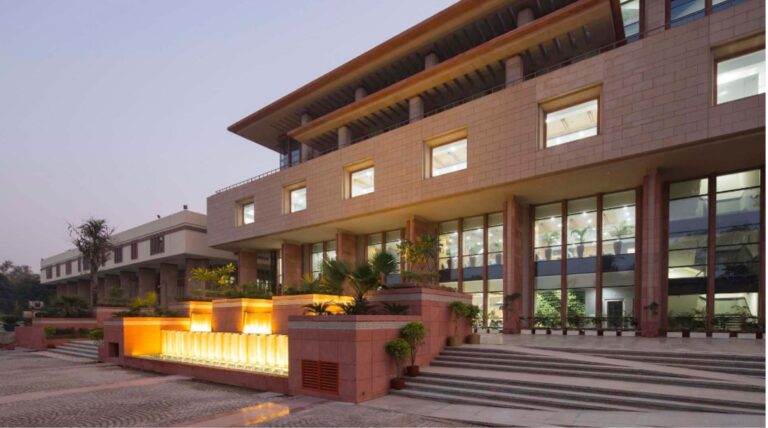The Calcutta High Court in the case of Dinesh Biswas v. State of West Bengal & Ors. (WPA No. 1737 of 2025, decided on 2 September 2025) examined the legality of cancellation of GST registration on account of non-filing of returns. The petitioner’s registration had been cancelled with retrospective effect, and the statutory appeal period under Section 107 of the CGST Act had expired. The Court was called upon to decide whether such cancellation, arising from curable lapses, could be sustained and whether writ jurisdiction could be invoked in spite of an alternate statutory remedy. The Court ultimately quashed the cancellation order, directed reopening of the GST portal, and allowed restoration of registration subject to payment of pending dues, thereby emphasizing that curable procedural lapses should not permanently cripple a taxpayer’s business or revenue flow to the State.
Facts
- The petitioner, Dinesh Biswas, had his GST registration cancelled by order dated 26 March 2025, on the ground of non-filing of returns under Section 29(2)(c) of the CGST Act for a continuous period.
- A show-cause notice was issued to him on 5 July 2023, but no reply was submitted by him. The cancellation date was made effective from 1 December 2022.
- The statutory period for filing an appeal under Section 107 (including any grace period) had also expired.
Legal Issues
- Whether a writ petition under Article 226 of the Constitution can be entertained when the statutory appeal period (Section 107) is expired.
- Whether cancellation of GST registration for procedural non-compliance (non-filing of returns) should be sustained, especially when such lapses are “curable” and result in the stoppage of business.
Decision / Holding
- The High Court (Judge Aniruddha Roy, J.) held that even though the appeal period under Section 107 had expired, the writ petition was maintainable in this case. The existence of an alternative remedy is not an absolute bar to writ jurisdiction.
- The Court found that the cancellation was on account of procedural non-compliance which was curable.
- The court emphasized that cancellation in such circumstances benefits neither the revenue nor the taxpayer. On the contrary, restoring registration and allowing business to continue would generate revenue.
Order / Relief
- The order of cancellation of registration dated 26 March 2025 was set aside and quashed.
- Dinesh Biswas was directed to file returns for the entire period of default, pay all tax, interest, fine, and penalty within three weeks from receipt of the server copy of the judgment.
- Once he complies, the jurisdictional officer is to restore his registration under the GST Act.
Importance / Reasoning
- The Court placed weight on substantive justice over strict procedural default: that procedural lapses which are capable of being remedied should not be allowed to destroy a taxpayer’s registration permanently.
- It recognized that cancellation causes cessation of business, which is detrimental both to the taxpayer and to the State (because future revenue is lost).
-
The decision clarifies that when lapse is procedural and curable, even after appeal period has lapsed, the High Court can intervene under writ jurisdiction.
